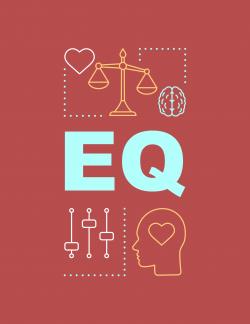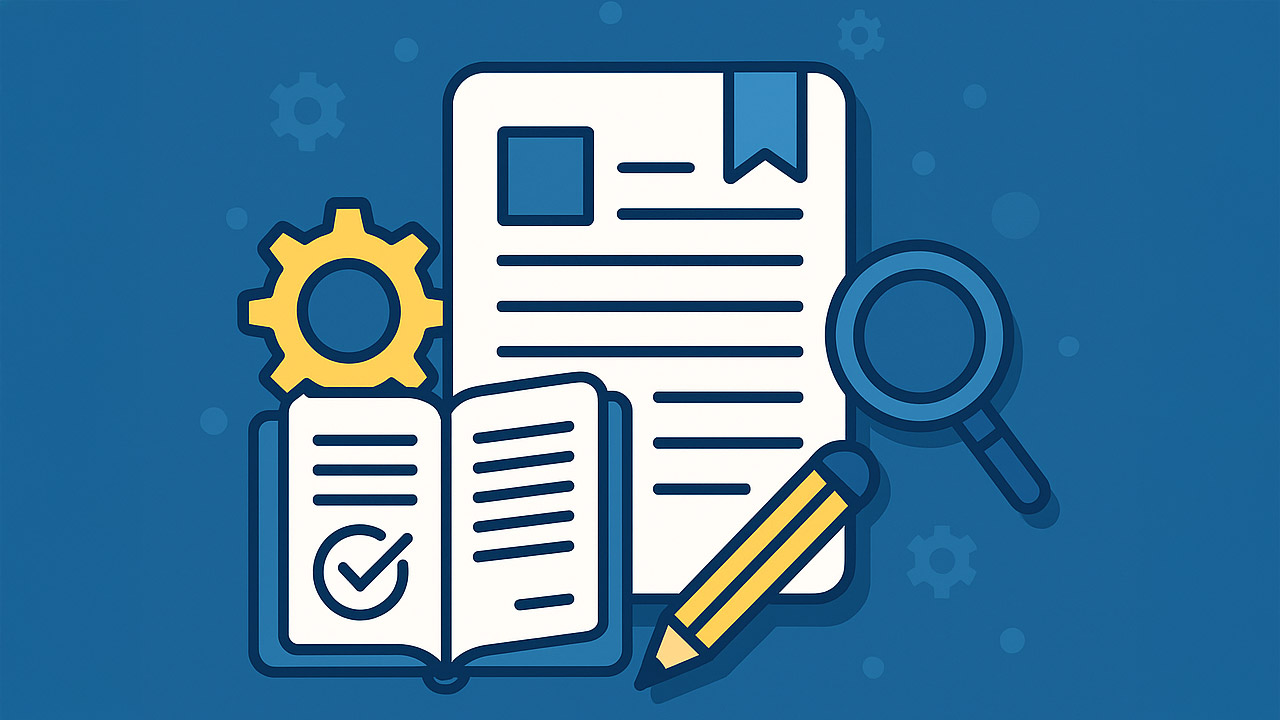The following is an edited excerpt from the book How to Be an Emotionally Intelligent Leader (While Crushing Your Goals).
THERE IS NO SINGLE FORMULA for being an emotionally intelligent leader. Your emotional intelligence leadership can be expressed in a combination of ways as unique as you. Your mission is to understand WHAT emotional intelligence leadership attributes you possess and HOW you activate those attributes as you lead yourself and others each day. Therein lies the secret of your own success and the greatest wisdom of all.
It’s time for you to be your own, expressly unique version of an emotionally intelligent leader—an authentic leader who is true to yourself, focuses on what matters most, and does so in a way that produces the most positive result possible for you and those around you. And what a worthy goal it is.
Emotional intelligence (EI) is the capacity to recognize your own, and other people’s emotions; to know the differences between emotions and label them appropriately; and to use emotional information to guide thinking and behavior. Since emotions are the centerpiece of our human existence, you use your emotional intelligence just about every time you open your mouth to speak, write a text or any other type of communication, or physically react—to anyone and any situation.
 The demand for emotional intelligence skills is set to increase sixfold in three to five years, especially as new technologies automate more traditional and routine tasks. According to a recent study from Capgemini SE, 83% of businesses surveyed report the need for a highly emotionally intelligent workforce will be a prerequisite for success, and more and more human resources departments will screen for it. Additionally, employees from every corner of the globe are already anxious about the impact of automation and artificial intelligence on the relevance of their skills.
The demand for emotional intelligence skills is set to increase sixfold in three to five years, especially as new technologies automate more traditional and routine tasks. According to a recent study from Capgemini SE, 83% of businesses surveyed report the need for a highly emotionally intelligent workforce will be a prerequisite for success, and more and more human resources departments will screen for it. Additionally, employees from every corner of the globe are already anxious about the impact of automation and artificial intelligence on the relevance of their skills.
Potential Is Limitless
Out of all the different types of human intelligence (there are 9), emotional intelligence (which includes two types of intelligences—interpersonal and intrapersonal) is the only type we can develop beyond that with which we were born. This is most fortunate news for you because your potential is limitless when it comes to your emotional intelligence development. And that is not hyperbole; that is a widely recognized fact.
Emotional intelligence leadership is simply using your emotional intelligence to lead yourself and/or others toward the most positive result possible, given the variables at play. These variables could include your level of knowledge, skills, attitudes, and the level of knowledge, skills, attitudes of your audience or those impacted by your actions. I’ll also add this: You can’t be an emotionally intelligent leader without demonstrating positive emotional intelligence consistently in your daily interactions. It’s about being a “self-leader” of your emotional responses in your inner and outer world that makes you a more effective leader of others.
Start with Self-Awareness
At a minimum, it is generally agreed, you must demonstrate competence in four areas—self-awareness; self-management; social awareness; and relationship management.
Here’s the approach I’m advocating to you. Visualize and tackle your emotional intelligence development by placing a much larger emphasis on developing your self-awareness first. Self-awareness is the foundation of emotional intelligence leadership.
I found in my work leading teams of people in financial services, learning, and healthcare organizations, as well as being an emotional intelligence leadership coach, teacher, and training content creator, that when people put their focus on developing self-awareness, it made it possible to master the other areas of emotional intelligence faster and with greater ease.
Think about it. If you’re going to build a skyscraper, you want a solid foundation, right? A skyscraper is a complex piece of architecture and needs a solid foundation…just like your emotional intelligence leadership.
But here’s the tricky thing with self-awareness. Sometimes we simply can’t see things in ourselves that others see. How do you know what you don’t know? That’s why we must be very intentional about our self-awareness development.
There are hundreds, if not thousands of ways to expand your self-awareness. Most books or courses which seek to focus on self-improvement offer plenty of insights, and most coaches and other behavioral professionals have toolboxes full of tips and techniques
To simplify your self-awareness development, I will offer four of my favorite recommendations. I think you will find that your self-awareness will soar if you consider (and activate in some small way) all four of these recommendations:
Know your emotional intelligence leadership superpowers (there is a 53-question assessment in Chapters 2 to identify them). These are strengths that come naturally to you now—as well as those you’d like to develop further in the future. Here’s an example: I understand how my words and actions affect others and I take the time to craft my messages so they will be accepted or viewed in the best possible light. When you can activate your emotional intelligence leadership strengths consistently, you’ll be amazed at how much easier it is for you to crush your goals!
Learn from others. One of the reasons I interviewed and crafted the 20 Profiles of Emotionally Intelligent Leaders (Chapters 4-24) is so that you could see what others have done to develop their self-awareness—ultimately, so they were able to learn more about their own character, feelings, motives, and desires. When you read others’ stories, it helps you understand your own story and provides additional ideas to develop your own emotional intelligence leadership strengths further.
Know your true self. I propose seven questions to consider as you seek to know YOU even better! Here’s an example: What experiences bring you great joy in your life and why? Just by completing this exercise, you’ve already begun to raise your self-awareness. Reflect on your answers and look for insights that may bubble up for you.
Get out of your own way! If you’ve done the work—you know your true self, you understand how your emotional intelligence leadership strengths work in your life, and you regularly activate your strengths in small ways each day—and you’re still struggling to crush your goals, there is a chance that you have an unmet emotional need(s) and that unmet need is blocking your success.
There are many different types of emotional needs. Some of the most common include: to feel appreciated, to feel challenged, and to feel respected.
The unmet need triggers an unintelligent emotional response—and you probably don’t even know why. That’s why you need to shine the light on your unmet emotional needs in some way so you can become more self-aware and then use your logic with your emotions to craft a desirable response. Remember, emotional needs are to self-awareness what self-awareness is to emotional intelligence—the foundation. And when we understand our foundational emotional needs, we become knowledgeable.
Keep Doing the Work
My last recommendation for you to keep crushing your career and life goals: Keep doing the work to expand your self-awareness and your overall emotional intelligence leadership.
Cheryl O’Donoghue, MS, is a business leader, author, speaker, entrepreneur, and humanity champion. She has held senior executive roles in financial services, corporate education, nonprofit, and healthcare organizations where she’s been responsible for leading diverse work teams (in HR, Operations, Organizational Development, Community Outreach, Marketing, and Fundraising) and implementing corporate-wide culture-building communications and training initiatives. All royalties earned from the sales of her three books go to fund education and training scholarships awarded to the young women served by the nonprofit Aspire2STEAM.org.
Image: iStock / bsd555













